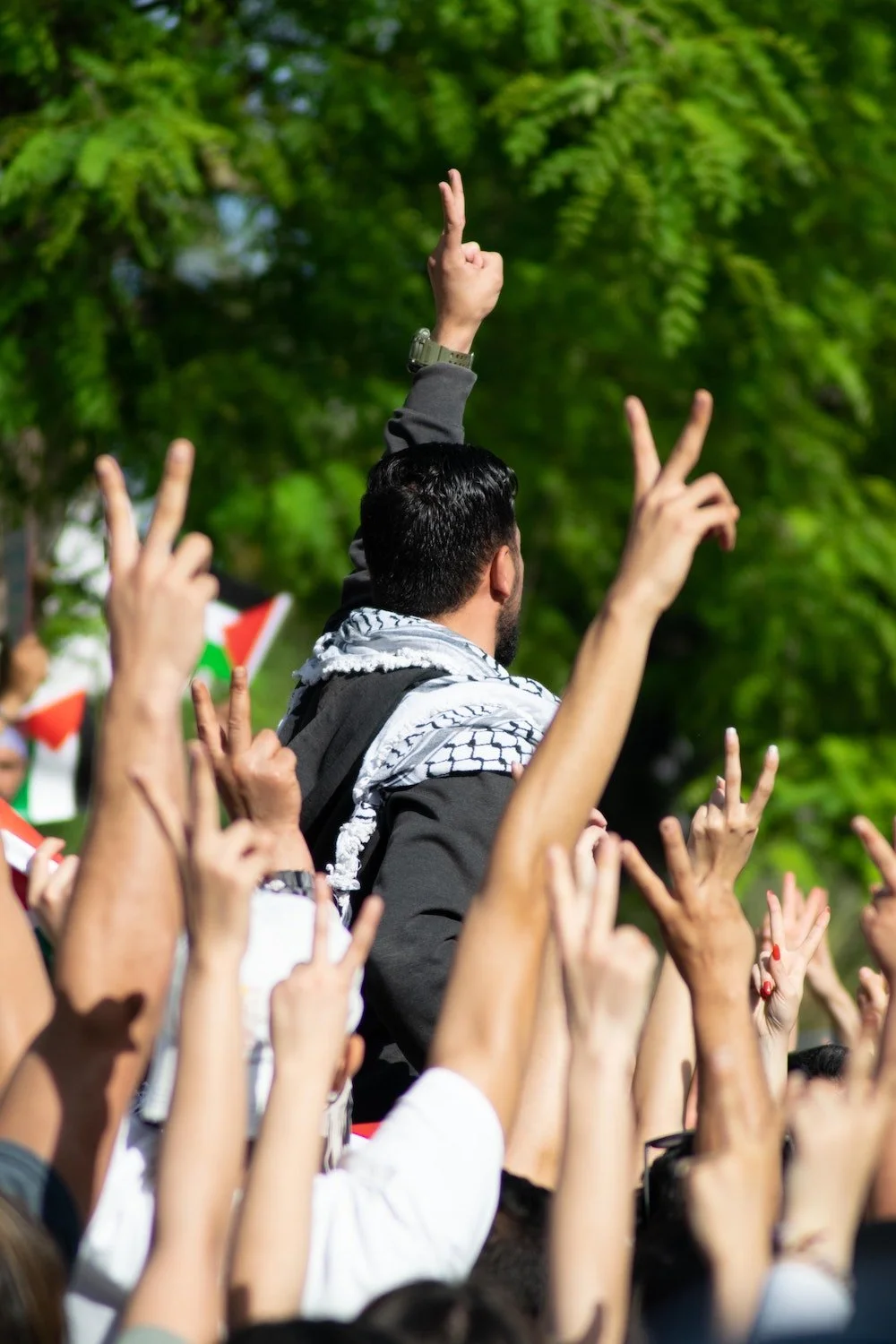Peace between Palestine and Israel: A Struggle
The tension has only been heightened by the recent death of Palestinian-American journalist Shireen Abu Akleh.
By Fawaaz Mohamed
The death of Shireen Abu Akleh has highlighted long-simmering tensions between the Israelis and Palestinians. And with the controversy surrounding her death continuing to grow, the chances of any peaceful solution between Israel and the Palestinian Authority grow more remote.
Abu Akleh was a Palestinian-American journalist for Al Jazeera who was fatally shot on May 11. She was shot in the head while covering a raid by the Israeli Defense Forces on a refugee camp on the West Bank. Who fired the bullet that killed her has been the subject of intense debate.
On July 4, the State Department released a statement that it could not reach a definitive conclusion, though it added that gunfire from Israeli Defense Force positions was most likely responsible for her death.
And Western media organizations have concluded that the bullet most likely came from the Israeli Defense Forces. Abu Akleh was wearing a blue vest and identified as a member of the press.
Via Unsplash
The New York Times, in an editorial, wrote that the bullet could be traced to an approximate location where an Israeli military convoy was found and that soldiers were near. The distance from the shots fired was 170 to 196 yards, with 211 yards being the maximum, according to The New York Times. The tree near Abu Akleh’s death site is now a memorial spot where Palestine flags and other accessories hang from the branches.
Al Jazeera made a statement saying that the international community must hold Israel accountable and that it would submit a case to the International Criminal Court.
But even with these inquiries, the controversy has continued to simmer. President Joe Biden, on a recent visit, declined to meet with her family, and his administration has resisted calls by some members of Congress for an independent investigation.
“We will remain engaged with Israel and the PA on next steps and urge accountability,” the State Department statement from July 4 said. “We again offer our deepest condolences to the Abu Akleh family.”
But on Sept. 1, Abu Akleh’s niece, Lina Abu Akleh, criticized the Biden administration on a visit to Washington for what she said was a lack of action.
“It’s been disappointing and frustrating that ever since we left DC until today there hasn’t been any meaningful action,” Lina Abu Akleh told reporters in a speech at the National Press Club in Washington.
Beyond the mainstream media, Abu Akleh’s death spurred an outcry on social media. Wesam Amer, a visiting scholar at Harvard University’s Center for Middle Eastern Studies and dean of the media and languages faculty at Gaza University in Palestine, says that social media has had a significant effect on the public’s attitudes toward Israel.
“In Palestine, social media is important not only for democracy and social communication, but also it is used for resisting the Israeli occupation and reinforcing Palestinian narratives,” he says. Amer adds that regular people cover these events more than journalists.
That just shows the different narratives and views of what people are witnessing in the region.
On July 15, Biden met with Palestinian President Mahmoud Abbas in the Israeli-occupied West Bank. According to a video of Biden on the BBC website, Biden said, “Palestinian people deserve a state of their own that’s independent, sovereign, viable and contiguous.”
Wesam Amer, visiting scholar at Harvard University’s Center for Middle Eastern Studies
In another video posted by Al Jazeera, Biden responded to the killing of Abu Akleh. “The United States has suffered a loss as well including the killing of Shireen Abu Akleh,” he said. “She was an American. An American citizen and a proud Palestinian. She was performing very vital work in an independent media and vital work of democracy.” He also mentioned that the United States will “insist on a full and transparent accounting of her death.”
In an NPR video showing Abbas and Biden speaking, Abbas pressed his case with the American president, saying: “Isn’t it not the time for this occupation to end and for our steadfast people again to gain their freedom and independence?”
Amer says Biden had been careful to measure his words. “During his visit, he did not condemn any Israeli violations of international law that can be seen in killing the journalist Abu Akleh,” Amer says.
He adds: “Biden has generously increased financial support for Israel despite the growing calls to condition or restrict U.S. aid to Israel without having real progress in the peace process and despite all the U.S. pressure on Arab countries to make deals with Israel.”
It’s always been a big debate if Palestine is even a nation or an independent land. But the situation today is more dire. This is a human rights issue and has been going on for decades without any progress. The civilians and media are suffering the most. This needs to end so the people in Palestine can finally see peace in the place they love so much. So that families just like Abu Akleh’s can have justice.



